I talk about Emma a lot on this blog. Emma is Ayub's speech therapist. Here…
Ayub Has Mastered Basic Speech, But There’s So Much More To Communicating Than Vocabulary
Ayub has been attending individual speech therapy on a weekly basis for over a year. Before therapy he had a limited vocabulary and poor understanding of basic grammar, which made it very hard for him to communicate with others. On top of that, being on the spectrum means he has trouble regulating his emotions, understanding other people’s emotions and reactions, inferring, and reading non-verbal cues. The cherry on top (or perhaps the main contributing factor to all this) is his auditory processing disorder – an inability to hear all the words spoken in a sentence.
The first year of speech therapy
His wonderful therapist has encouraged him to grow his vocabulary, learn basic grammar rules, and organize his thoughts into well-formed sentences (and learn how to regulate his emotions) through playing games, telling stories, discussing his interests, and more.
We went from asking him to point out the correct item in a picture when we say the word, to him explaining the rules and instructions on how to play a board game, and now being able to tell us exactly what happened during a specific event in detail (such as our trip to the KL Bird Park).
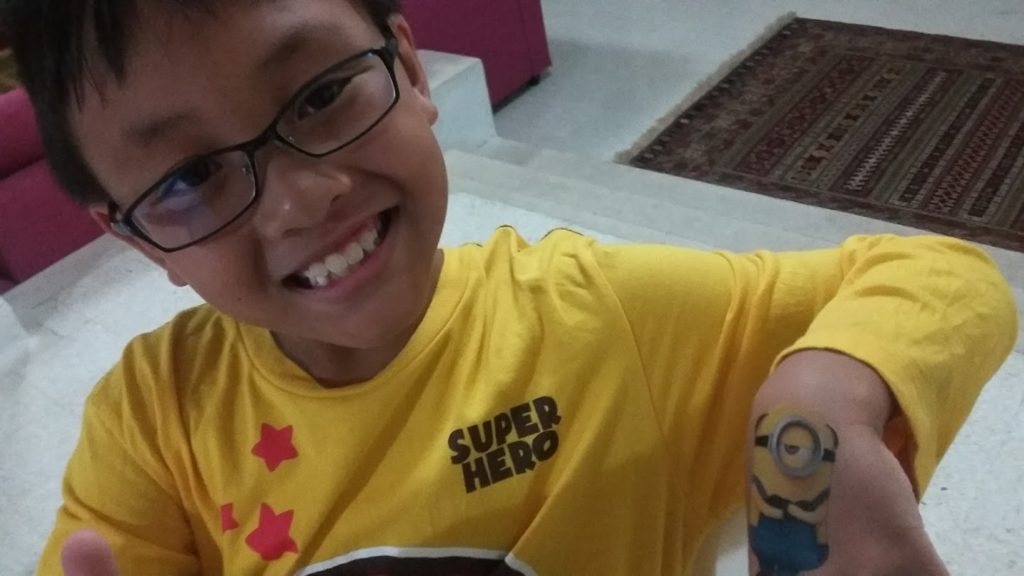
Ayub’s vocabulary has expanded. While still not as big as his peers, he does learn (and tries very hard to remember) new words. He’s able to use correct conjunctions much better than before, and his sentences are shorter and more organized. Prior to therapy, his sentences were a jumble of words that went in every direction, never getting to the point.
Vocabulary and grammar are the building blocks of communication
Without basic vocabulary and grammar, Ayub couldn’t effectively communicate. This led to a lot of misunderstandings, frustrations, and stress for him, which manifested into constant meltdowns. Crying uncontrollably, screaming at the top of his lungs, stomping his feet in frustration. So much frustration back then. So much. My sweet boy. He couldn’t tell us what he was thinking, how he was feeling, what was going on in school, that he was being bullied, that other children were teasing him and hitting him and so forth. Things are much better now that he has a foundation to communicate from. But there’s still a way to go.
There’s so much more to effective communication than just vocab and grammar.
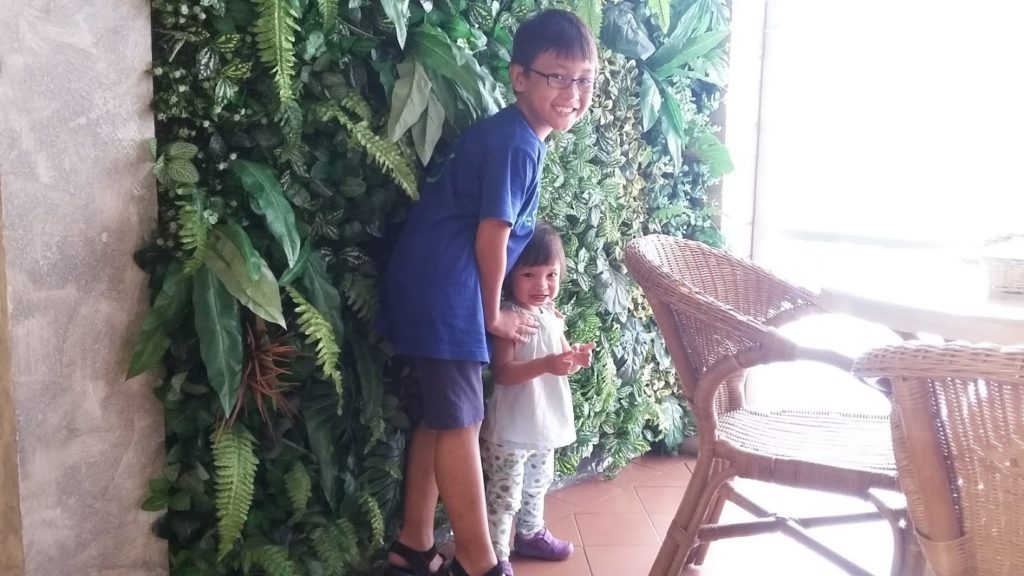
Aisha lacks both, yet she’s able to effectively communicate her wants, needs, and feelings in non-verbal ways. Hand gestures, facial expressions, hugs, caresses, crossing her arms when she’s angry, turning her face away when she’s had enough of your nonsense, sighing when she thinks you’re dumb and wasting her time. I almost always know what she’s trying to communicate to me. And it works both ways.
It’s not like that for Ayub, despite being 7 years older and already speaking. He doesn’t see these non-verbal cues, and he doesn’t hear verbal cues either. Hahaha. Oh, Ayub.
Now that his speech is better, we’re looking at ways to help him with social interaction, including how to communicate with his peers and within a group.
What’s next for Ayub?
Here’s the latest update from Ayub’s favourite person in the world, his speech therapist, Emma.
“Last week I brought Ayub into a social group run by J, to see how he is interacting with his peers currently. To J’s surprise, she mentioned that Ayub’s ability to stay in a task and being socially aware of what is expected has significantly change since she saw him last time. For example when the peer complained about Ayub being too near, Ayub apologized, adjusted his position, and moved on.”
Ayub is awesome 1-to-1 with adults. Most adults wouldn’t even notice he’s on the spectrum or has difficulty with speech. But with his peers, it’s very obvious that his communication skills are below par. Group discussions are a nightmare for him. He can’t follow what people are talking about, nor is he flexible enough to move from one topic to another, so he is unable to add valuable input to the conversation.
This makes school challenging for him. Especially because his current school, Acton KL, focuses a LOT on peer-to-peer learning, group discussions and debates, teamwork, and basically there is just very little adult interference. It’s a child-led education.
Four things to work on with Ayub
Based on Emma’s observations:
1.Stay in topic/move on from topic
Teaching him to stay in the group’s topic instead of saying irrelevant things, also to identify if the group has moved on to next topic
This is something that we struggle with every day, especially during family dinner time. Sulaiman, Mr Ninja, and I will be talking about school while Ayub shouts about Pokemon, we’ll bring him back to the topic of school, which leads to talking about friends and Ayub is completely off tangent talking about this one time he went on a rollercoaster in Legoland and it was a giant dragon and he saw Mama and Sulaiman in the playground.
We pull him back to the topic of friends then Mr Ninja will ask about what games he played in school with his friends today, and Ayub will see a spider web halfway across the room and will be out of his seat holding a chicken drumstick and all he can see is the spider web and all he can talk about is the spider web and we’re calling him back but he can’t hear us and he’s so excited ohmygod-Mama-it’s-a-spider-web-I-think-it’s-a-spider-web-the-spider-made-the-web-to-catch-a-fly-you-know-there-are-like-vibrations-then-the-spider-like-bite-like-got-venom-and-spiders-have-8-legs-and-are-not-insects-spider-are-arthropods-but-people-think-they-are-insects-black-widow-spiders-are-awesome.
2. Not get easily distracted by things that move or draw his attention
The spider story I mentioned above… that’s an everyday occurrence with Ayub. He can’t sit next to windows, there can’t be any TVs or screens nearby, there cannot be anything on a table that isn’t what he’s supposed to be focusing on.
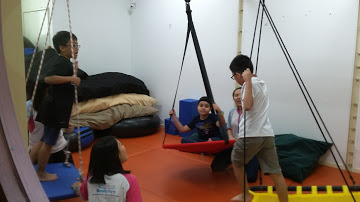
Ayub in group occupational therapy
3. Sentence organization
Learning more strategies to help him put ideas together in an understandable flow.
4. Word finding strategies
Ayub’s ideas are often brilliant, but his working memory is not great (analogically like a computer with not enough RAM) so he has difficulty looking for the right word to use, by the time he found the word, he sometimes forget what he wants to say.
These are some conclusion of my observation and interaction with his last session.
Celebrate small successes
Endurance is the key. Research has said that success is not due to intelligence or socioeconomic privileges, but the ability to endure. At Acton, we talk about ‘grit.’ Having grit is the key to overcoming hurdles, to keep going, to have breakthroughs, to get up after a fall, to try again after failure, to find success.
We all have mountains to climb. Some of us have natural abilities that make the climb easier. Emma says that Ayub’s mountain is 10x higher than the rest of us. His endurance decreases day by day because things that are easy for others are so hard for him.
My sweet Ayub. With his big brain and even bigger heart.
Our family practices celebrating every success, no matter how small. Nothing is ever to small to be celebrated. Aisha made a new sound that kinda somehow sounds like a word. High-fives all round. Sulaiman got to level 97 on blob.io and made it to the #3 position on the leaderboard. Take a picture. Ayub won a silver medal in an individual sprint. Ice cream for everyone.
I don’t know. I always don’t know.
I’m so in every moment of every day that I sometimes don’t see the growth and progress. So here’s Ayub aged 3, he’s come a long way:
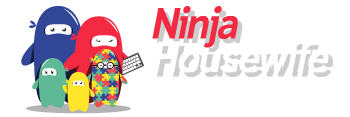
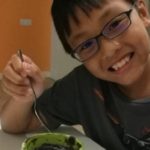

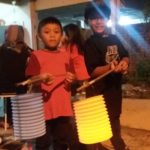
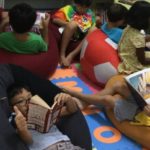
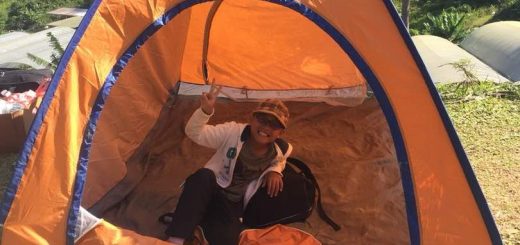
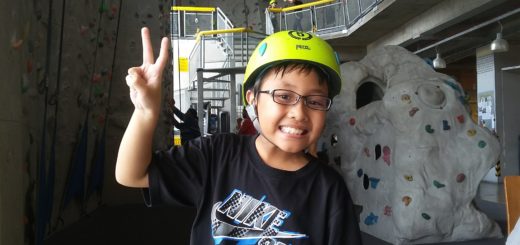
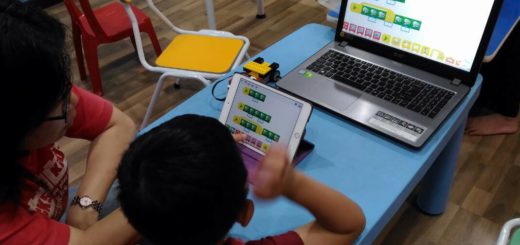

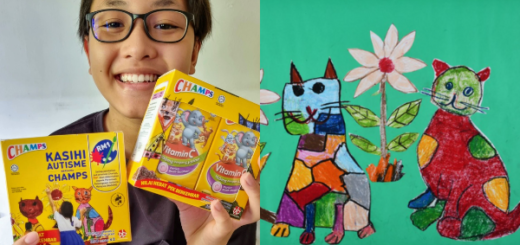
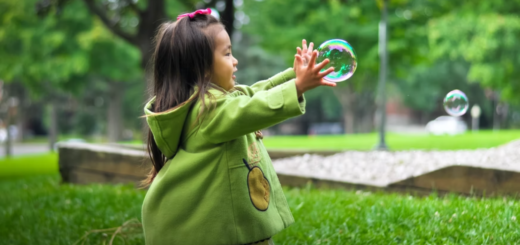
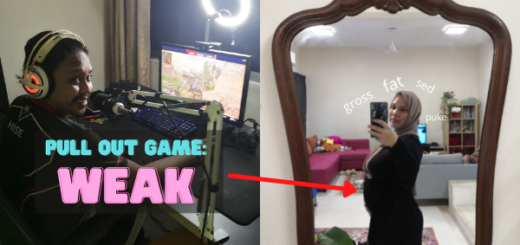
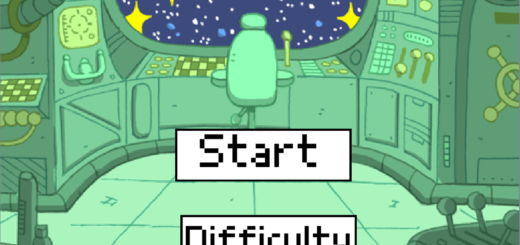



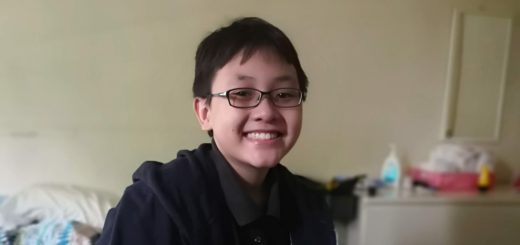
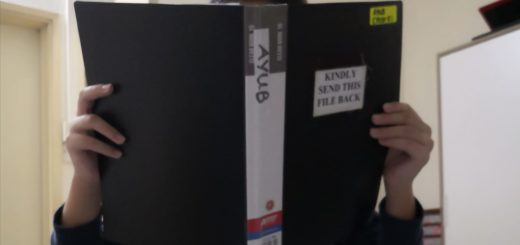

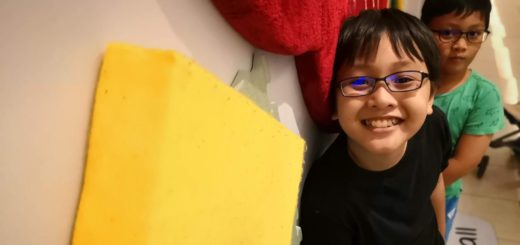

Facebook Comments